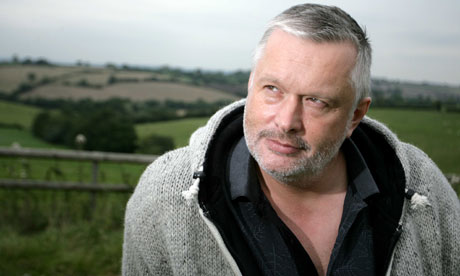
It would be grossly unfair to suggest that opera singers spend their free time lounging on chaises longues being spoonfed foie gras. When there are no witnesses, many of them probably run marathons or something. Still, Ian Storey must be more active than most; as a young man, he played badminton and squash at county level and above. Now aged 52, he relaxes by laying bricks or swinging a sledgehammer. Having built a home for his family in the Herefordshire countryside, he's planning to bulldoze it and start over. "I normally have a building project on the go," he says.
Yet a couple of years ago, he found this energy draining away. He'd taken on one of opera's most demanding roles – the lovestruck hero of Wagner's Tristan und Isolde – and breezed through the 10-hour rehearsals and the first shows in Milan. But in early 2008, he recalls, "I just started to feel tired. I thought, 'Oh, well, maybe it's just everything catching up with me.' So I plodded on. But I wasn't my usual self."
Fatigue turned to exhaustion, joined by headaches and hot flushes. Away from the stage, Storey could barely bring himself to pick up a drill. By the summer of 2009, he says, "I was getting to the end of a performance and I'd just want to curl up under the table and go to sleep. The next day I felt like I'd been run over by a tram. Performing takes it out of you, but not to that extent." In the end his wife insisted he take himself to the doctor.
It took six months of blood tests and MRIs, but Storey finally got a diagnosis. The good news? He didn't have heart disease, diabetes or a brain tumour. On the other hand, he did have extremely low levels of the sex hormone testosterone. He was going through the andropause.